**Introduction:**
In an effort to bring efficiency and savings to the US government, expense management startup Ramp is currently being considered for a major charge card pilot program by the U.S. government’s General Services Administration (GSA). The SmartPay internal expense card program, worth $700 billion, has piqued the interest of tech giants like Google, Facebook, and Amazon in recent years; however, it remains to be seen if Ramp can successfully navigate this highly competitive market.
**The Efficiency Formula: A Call to Action**
Ramp’s co-founder CEO Eric Glyman and investor Kyle Harrison have been pushing for increased efficiency within the government through their blog post titled “The Efficiency Formula.” Released in January, the piece highlighted ways in which the administration could potentially eliminate wasteful spending. This appeal coincided with Musk’s Department of Government Efficiency being formally established just days later, further raising questions about Ramp’s ties to both Trump and Musk’s worlds.
**Competing in a Standard Procurement Process:**
Despite these powerful connections, Lindsay McKinley, head of communications for Ramp, maintains that the startup is competing in a standard procurement process for the SmartPay pilot program based on its own merits as a money-saving solution. Similar to other corporate expense management platforms such as Concur and Expensify, Ramp offers features like setting parameters to identify expenses that don’t conform to policies – a practice common within the federal government.
**The $13 Billion Startup Eyes GSA Partnership:**
Ramp has had significant success in preventing billions of dollars in wasted spend across the economy by its clients; if selected for the pilot program, it would aim to replicate those results on behalf of American taxpayers. However, McKinley admits that there is no guarantee they will be chosen and remains tight-lipped about whether a decision has been made or not.
**Recent Financial Accomplishments:**
In March, Ramp doubled its valuation to $13 billion after a successful $150 million secondary share sale. The startup has raised over $1 billion in equity financing and committed debt funding totaling nearly $700 million since its 2019 inception. With this impressive financial standing, the company is well-equipped to pursue opportunities like the GSA partnership – though it remains to be seen if they will successfully navigate a competitive procurement process for such an influential program.

